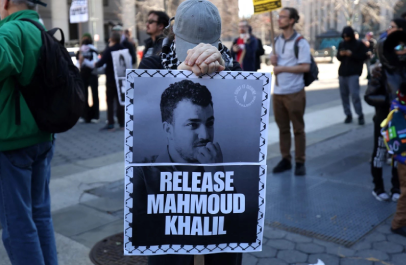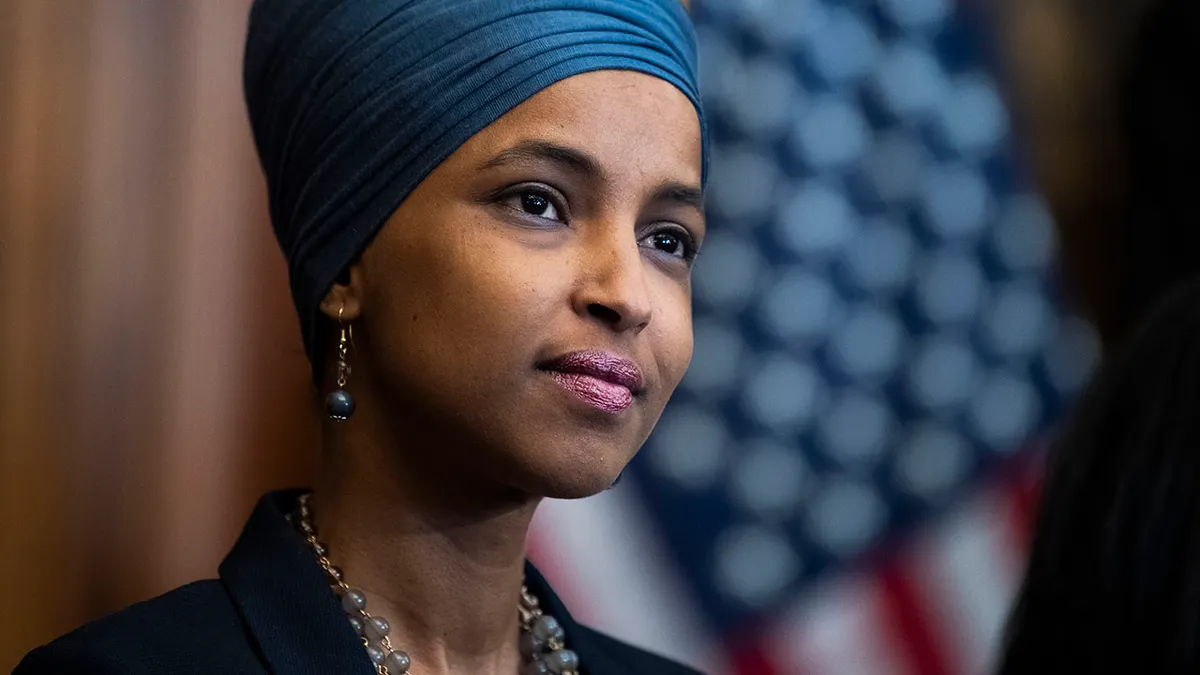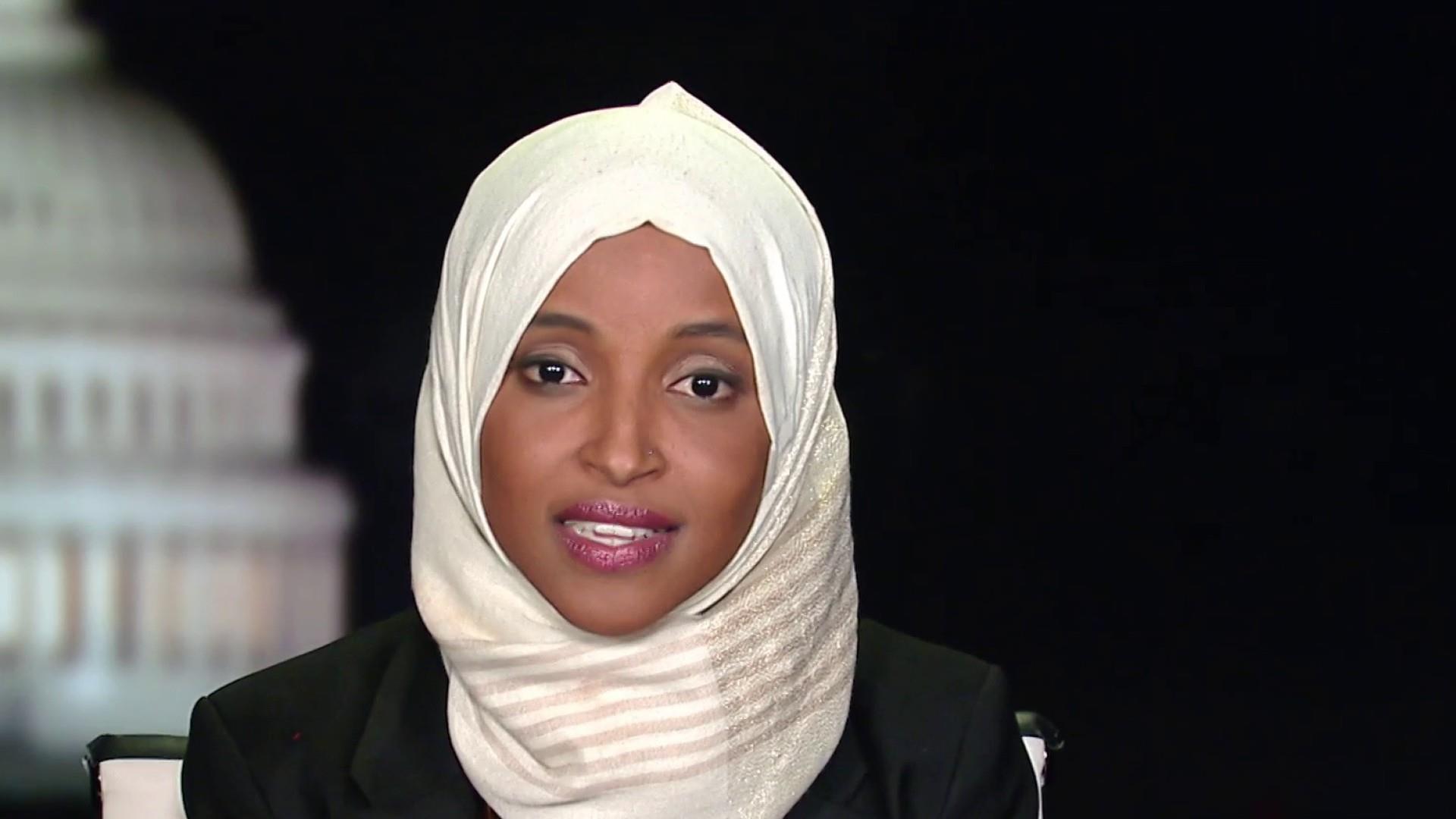Welcome to yougotdoge.com!
The arrest of Mahmoud Khalil, a former Columbia University student, has triggered significant protests in New York City, highlighting a polarized debate over free speech and immigration enforcement. Khalil was detained by immigration agents for allegedly distributing pro-Hamas materials and disrupting campus life. His supporters argue that his arrest is a violation of his First Amendment rights and an attack on free expression.
Protesters, numbering around 350, marched through Manhattan, calling for Khalil’s release and chanting slogans that reflect their frustration with government actions perceived as oppressive. They view Khalil as a martyr for free speech, while critics label him a promoter of hate and unrest. The NYPD’s response to these protests, which included arrests, underscores the challenges of maintaining public order amid rising tensions.
The White House has condemned Khalil’s actions, framing him as a threat to campus safety. This narrative has fueled the divide in public sentiment, with many rallying behind Khalil, claiming he is being punished for his political beliefs. Meanwhile, the silence from Democrats on the issue has drawn criticism, as many question their stance on free speech and support for dissenting voices.
As this situation unfolds, it raises important questions about the limits of free speech, the responsibilities of educational institutions, and the role of law enforcement in managing civil unrest. The protests against Khalil’s detention reflect a broader struggle over the direction of American society and the values that will guide it.
With Khalil’s court hearing approaching, the outcome could set a significant precedent for similar cases, impacting the relationship between free speech and immigration enforcement in the U.S. As the debate continues, the voices of both supporters and critics will resonate, shaping the future of civil liberties in a democracy where free expression and national security often clash.





